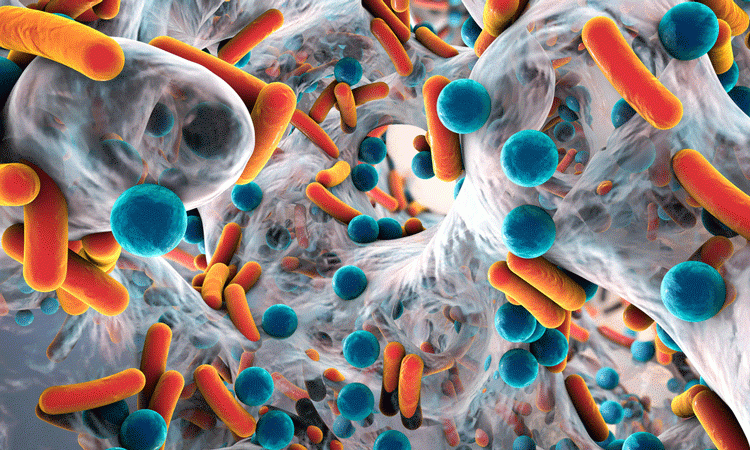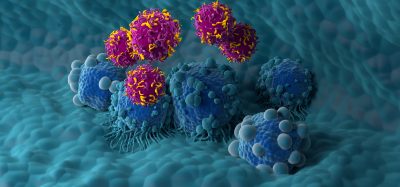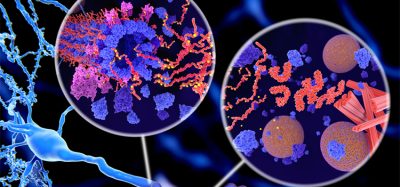Synthetic molecules could provide new antibiotics
Posted: 8 July 2019 | Victoria Rees (Drug Target Review) | No comments yet
Using a novel technique, researchers have created new molecules effective at killing bacteria, providing new antibiotic drug targets.


According to a new study, researchers have identified several new drug targets for the treatment of antibiotic-resistant infections. The team utilised a new technique to enhance natural chemicals against infections, including the superbug MRSA (methicillin-resistant Staphylococcus aureus).
The researchers, from the University of Tokyo, created three synthetic molecules which were four times more effective at killing bacteria than their natural predecessor. The high-throughput technique they used is known as one-bead-one-compound library strategy or split-and-mix synthesis.
“Our technique is fast because we can build thousands of new molecules in a single synthesis,” said Assistant Professor Hiroaki Itoh from the University of Tokyo Department of Pharmaceutical Sciences.
The team used the lysocin E antibiotic which has a unique mechanism of killing bacteria compared to the currently available classes of treatments. The structure of lysocin E is a large ring with 12 short side chains.
The team focused on four side chains and tested how seven different amino acids might enhance lysocin E’s antibacterial activity.
Once 2401 modified lysocin E were built, the researchers tested if they retained the natural version’s unique method of killing bacteria. Eleven modified lysocin E showed antibacterial activity better or equal to the original.
The researchers will study the three most potent modified lysocin E, defined by the very small quantity of drug required to kill bacteria, to verify their effectiveness at treating infections in nonhuman animal models and to understand the detailed mechanism of how they kill bacteria at such low doses.
“Potentially, our method could be used to find other drug candidates based on promising small protein natural products, including for anticancer or antivirus,” said Itoh.
The researchers are confident that their method of synthetically enhancing natural products can increase the speed of early-stage drug discovery, and help maximise the potential of naturally occurring complex molecules.
The findings were published in Nature Communications.
Related topics
Antibiotics, Drug Development, Drug Targets, Molecular Targets
Related organisations
Nature Communications, University of Tokyo
Related people
Assistant Professor Hiroaki Itoh








